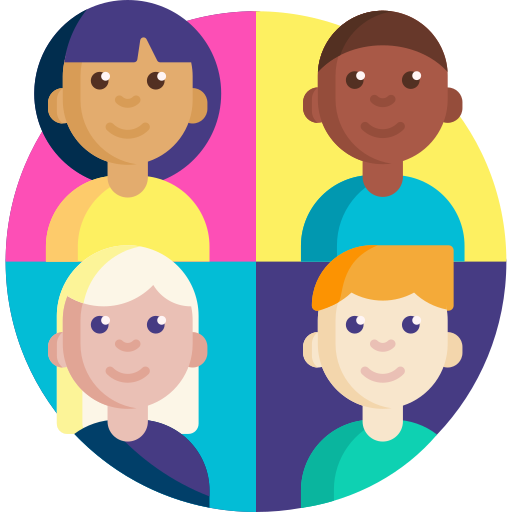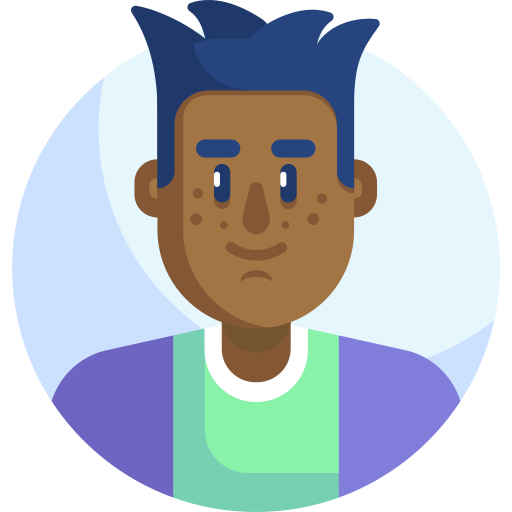
One day, you're perfectly fine, attending school, playing with your friends, and getting along with your family...and the next day, you're sprouting hair in places you never imagined, your voice is quickly changing, and you have feelings about a classmate that you still haven't developed the vocabulary for.
Every person goes through puberty during their pre-teen and teen years, when they experience physical and emotional changes that mark a transition into adulthood.
However, in many societies and families, puberty isn't well-explained, so it can be really confusing for young people.
When does puberty happen?
 Puberty usually begins to the ages of 10-14 for girls and 12-16 for boys. While these ages are based on estimates, puberty can occur sooner or even later.
Puberty usually begins to the ages of 10-14 for girls and 12-16 for boys. While these ages are based on estimates, puberty can occur sooner or even later.
If it does happen early or late, there's often no reason to worry or panic. Every person experiences some common emotional, mental, and physical changes during puberty and some that are totally unique to themselves as people. For some, these changes happen slowly over time while for others, they can be quick and hard to adjust to.
Why does puberty happen in the first place?

It's the natural way the human body matures from childhood to adulthood. It's triggered by gonadotropin a hormone your brain releases to help your body slowly prepare itself so that you have the option to be sexually active and/or have children.
How does puberty impact boys?

Boys might experience some or all of these physical changes over time:
Facial and bodily hair growth, especially in pubic and underarm areas
Growth spurt
Acne or skin troubles
Jaw line and facial bone structure changes
Change in genitals, especially the size of testicles and penis
Muscle growth
Deeper voice
Broadening shoulders
Changes in body odour
They might also experience the following emotional changes:
Irritability, sadness, depression
Need for independence
More dependence on social circles and peers
Sudden need for more privacy and seclusion from others
Increased sexuality and desire (physically resulting in "wet dreams")
Fear and confusion
Random outbursts
Identity crises or increased introversion
Easily hurt or extremely sensitive
Quiz
12 year old Haseeb suddenly finds it uncomfortable to sleep in the same room as his younger brother. He gets irritable and spends most of his time talking on the phone. He has little interest in family activities. How should his parents respond?
How does puberty impact girls?

Girls might experience some major physical changes over time:
Change in breast size
Vaginal fluids or discharge
Weight gain or weight loss
Change in body shape
Hair growth around the genitalia
Starting your period
Skin changes like acne
Sweating and changes in body scent
They might also experience several emotional changes that may include:
Irritability, sadness, and sudden mood changes
Peer pressure and a sense of competition with others
Uncertainty, confusion, and fear
Body consciousness
Interest and curiosity in the same or opposite gender
Who can and should play a role in normalizing puberty?

By representing and showcasing authentic experiences online, talking openly in class or in our homes about this natural change, and including puberty as an important topic in academic curriculums, many different stakeholders can play a role in destigmatizing puberty.
Schools
Community centers and NGOs
Governments
Social media accounts
Corporations
Parents
Influencers and celebrities
Academic curriculum designers
Child psychologists
Doctors
Books and podcasts
Movies and TV shows
Take Action

How do you support yourself or others going through puberty?
Your feedback matters to us.
This Byte helped me better understand the topic.
